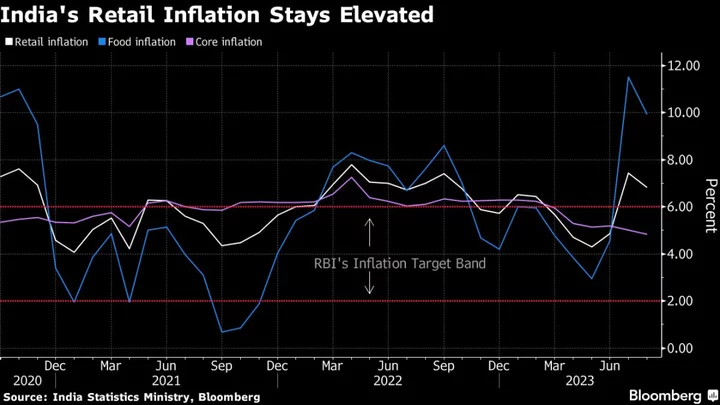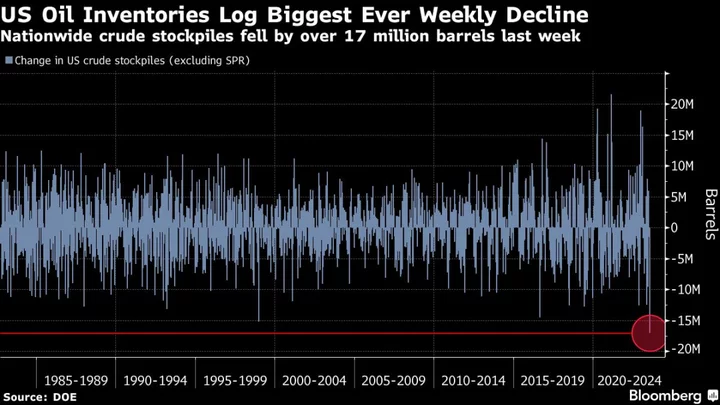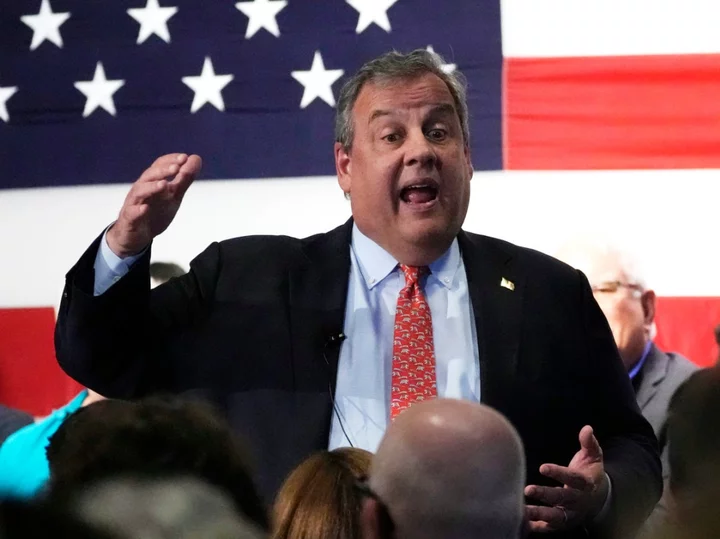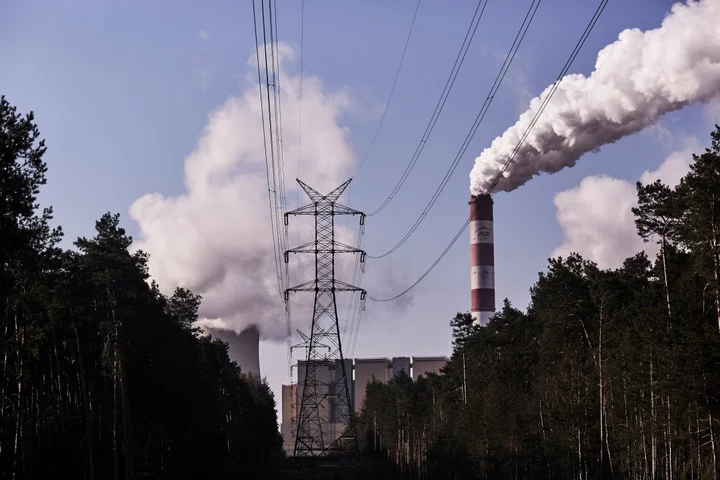The Reserve Bank of India left its key interest rate unchanged Friday, saying inflation remains a major risk even though prices may ease in the near term.
The six-member Monetary Policy Committee voted unanimously to keep the benchmark repurchase rate at 6.5% for the fourth straight time, Governor Shaktikanta Das said in a live-streamed address from Mumbai. All 38 economists in a Bloomberg survey predicted the move.
Five of the panel members voted to retain the relatively hawkish policy stance of “withdrawal of accommodation.”
“The need of the hour is to remain vigilant and not give room to complacency,” Das said. High inflation is still a “major risk to stability, sustainable growth.”
While inflation is expected to ease in September, monetary policy remains focused on bringing the rate down to the 4% midpoint of the target band, he said. The outlook is clouded by uncertainty around prices of key food crops, he said, and monetary policy must be in “absolute readiness” to address food and fuel price shocks.
Das said the RBI may have to consider selling government bonds in the open market, a move that would withdraw liquidity from the financial system.
Indian bonds fell after the comments about bond sales, with the yield on the benchmark 10-year bond rising by six basis points to 7.28%, while the rupee and stocks traded higher.
The RBI retained its inflation forecast of 5.4% for the year ending in March, and also kept its outlook for growth unchanged at 6.5%.
“The statement underlines increased vigilance on food inflation and crude oil prices,” said Anubhuti Sahay, an economist at Standard Chartered Plc. “A backdrop of resilient growth domestically implies the repo rate is likely to stay on hold for longer.”
The RBI raised its key interest rate by 2.5 percentage points since last year to help rein in inflation and bolster the rupee. While inflation moderated to 6.83% in August and food prices are likely to fall in coming months, rising oil costs and sticky prices of cereals remain a concern.
The Federal Reserve’s rate hikes and a strong dollar have undermined the rupee and local bonds. However, that pressure may ease in coming months once India is included in JPMorgan & Co.’s emerging market bond index early next year, prompting more foreign inflows.
--With assistance from Ruchi Bhatia.
(Updates with comments from governor, economist, market reaction.)









